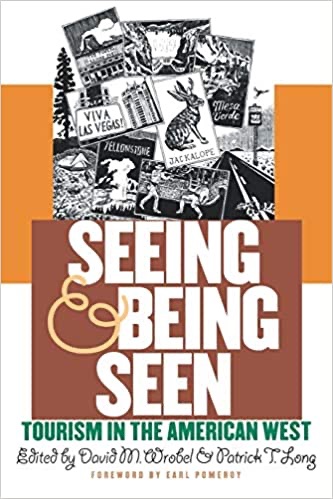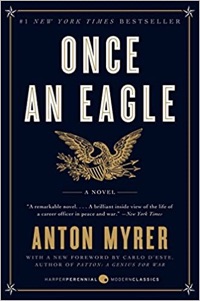One of my favorite holiday-weekend activities is to read a conference volume about an interesting and active topic that is far, far outside my field. This is a delightful collections of studies of tourism in the American West, written by professors of Tourism. Some of those professors understand why, at parties, people laugh when they explain their vocation.
People have been traveling to see the mountains, the desert, the cowboys and (especially) the Indians for a very long time. This is problematic: everything is problematic, naturally, but all this is especially problematic because the underlying racial questions can neither be avoided nor cured.
There's little here that can be operationalized beyond a sensible consensus that it’s always wise to follow the money and the observation that, if you follow the money you will find it tends to wind up in distant and unexpected places. Leah Dilworth has a lovely paper on Fred Harvey, the company that provided food and souvenirs for the Santa Fe Railroad, and the Indians. Marguerite Shaffer also has a fascinating look at novels about tourism in the early 20th century, which seems to be the best way to capture not only what tourism does but also what it is trying to do. The evil that tourists do persists after they leave in mounds of litter and mountains of slights and injustices. Much of the good goes home with the tourists in the form of a wiser, better society and a more democratic nation.
September 10, 2020 (permalink)


